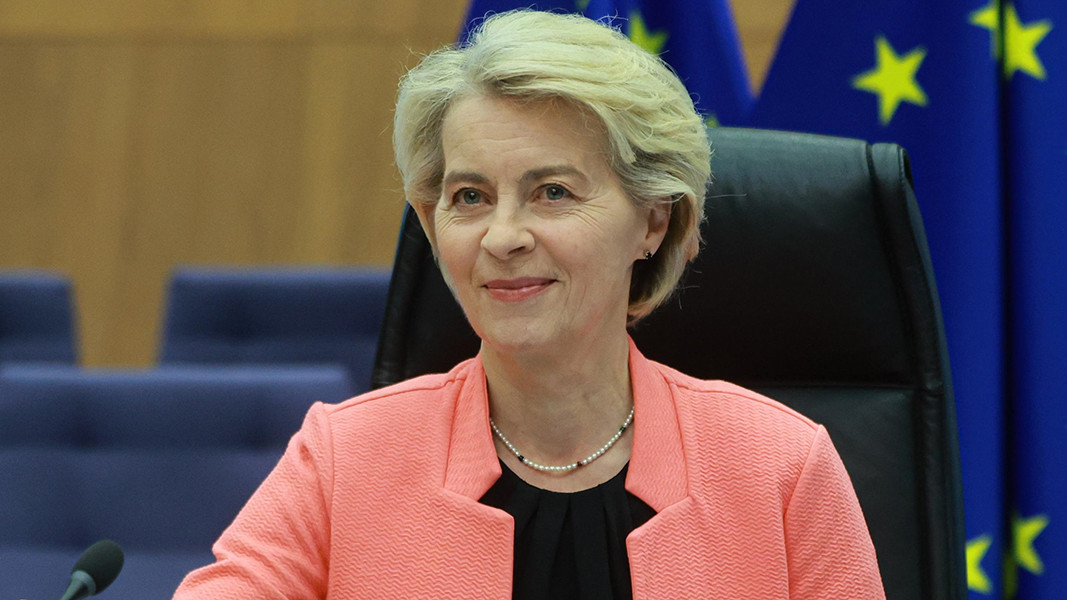As expected, the European Commission's convergence report on Bulgaria, published today, confirms that the country is ready to adopt the euro on 1 January 2026, having fulfilled all the relevant criteria, including those related to inflation, BNR's Brussels correspondent Angelina Piskova reports. Bulgaria’s average inflation rate stood at 2.7%, below the reference value of 2.8%. This will make Bulgaria the 21st member state to join the eurozone.
However, the Commission warns that inflation is expected to rise in the coming months before subsequently declining, emphasising that the increase will be temporary.

'Thanks to the euro, the Bulgarian economy will become stronger, with increased trade with euro area partners, more foreign direct investment, improved access to financing, quality jobs and real income growth. Bulgaria will also take its rightful place in shaping decisions at the heart of the euro area”, said European Commission President Ursula von der Leyen.
The convergence report published by the European Central Bank also delivers a positive assessment of Bulgaria’s readiness to adopt the euro on 1 January next year, as reported by BNR's Marta Mladenova. The ECB highlights that Bulgaria has been part of the Exchange Rate Mechanism II (ERM II) and the Banking Union since 10 July 2020.
The next step will take place on 19 June, when the Eurogroup — the assembly of eurozone finance ministers responsible for coordinating economic policies — will discuss the reports at its meeting in Luxembourg and adopt a draft recommendation for the Council. The process is expected to conclude on 8 July, when the Eurogroup will formally adopt the legislative acts necessary for Bulgaria’s accession to the euro area.
On Friday , the lowest temperatures will be between 5 and 10°C; in Sofia - it will be around 6°C. During the day it will be cloudy and with precipitation. In Northwestern Bulgaria the amounts will be significant. Almost no..
''I am not surprised that the president’s veto concerning the sale of Lukoil’s assets was overturned, because even on such a delicate, serious and worrying issue, there were no arguments or discussion'', Vice President Iliana Iotova told journalists..
Birth rate in Bulgaria has decreased by 33% over the past three decades. In 1994, 79,442 live births were registered in the country, while in 2024 the number dropped to 53,428. 6.5% of Bulgarian children are now born through in vitro fertilization..

+359 2 9336 661
